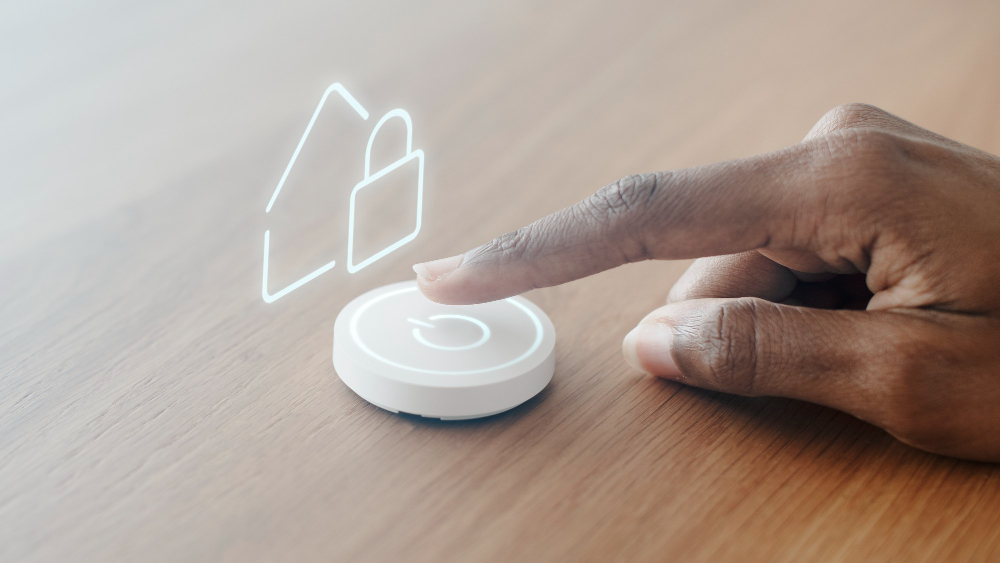
You probably already know that your family and property are safer if you have a home security system installed. But knowing is the easy part. As you’ll quickly find out from review sites like HomeSecuritySeek, there are hundreds of home security systems to choose from.
Choosing the right security system can give you safety, peace of mind, and numerous additional benefits for years. Buying the wrong one will not only leave you vulnerable but also give you a false sense of security. You will only realize that you made a mistake when you become a favorite target of local burglars.
How do you determine which residential security system is best for you? We have a brief checklist that will make it easier for you to decide.
1. Professional Emergency Response:
Once you start shopping for a security system, you’ll run into numerous off-the-shelf residential security solutions that are seamlessly integrated with a smartphone app. They keep you informed about the goings in and around your home. Smartphone integration sounds sophisticated and cutting edge and is certainly a nice feature to have.
However, what do such alerts seek to achieve? If there’s an active burglary taking place at your home, you want the right people (security professionals, fire department, or local police) responding and to do so with speed. A security system should promptly alert a permanently manned monitoring station where security professionals will take the appropriate action.
2. Intelligent Convenience:
Traditional security systems would inadvertently inconvenience you. It wasn’t uncommon for children to have to wait for their parents to arrive so they could gain entry. Today, leading security systems are based on intelligent access control. Intelligent access allows different people different privileges thus ensuring convenient access without jeopardizing overall security.
Your children, for instance, could be assigned a permanent access code that they can use at any time. Trusted visitors and workers could be assigned restricted codes that expire after a set period or only work at certain times of the day or week. You could even automate events such as system disarming or the switching on of hallway lights as soon as you open the smart lock.
3. Smart Deterrence:
A good security system should be primarily focused on preventing a burglary from happening as opposed to waiting to send out an alert when one is in progress. Just like law enforcement and the military, the primary objective of a security system is deterrence.
The right residential security system should make your property very unattractive to an intruder. Prioritize security systems that have visible deterrents such as a doorbell camera, outdoor security camera, and conspicuous signage that makes it clear the home is under 24/7 surveillance.
You can also install motion-sensing lights that place the intruder in the spotlight whenever they get too close to your property.
4. Proactive Protection:
Security systems aren’t just for keeping the bad guys out. They can also play a role in protecting your loved ones from everyday dangers in the home. For example, if you have small children, you probably want to get a notification on you and your partner’s phones when the children open the door to the garage or unlock the latch leading to the backyard pool.
This early warning system can drastically speed up your response times and ensure you can act before anything tragic occurs.
5. Fail Resistance Internet Connection:
Pay attention to how a security system communicates and relays emergency alerts. Some systems depend on your residential broadband connection or piggyback on your phone lines. This kind of setup is susceptible to determined wire-cutters or a falling tree branch.
Instead, install a system that has a dedicated wireless connection and is supported by a battery backup. That way, even if the power is out and your phone lines disconnected, the security system can still transmit a distress signal.
Looking for a system that protects your home, is convenient to manage, and can integrate with other devices such as your smartphones and smart homes? These tips will help you do so. If you invest in the right system, the returns will be well worth your while.
Read Also:




























